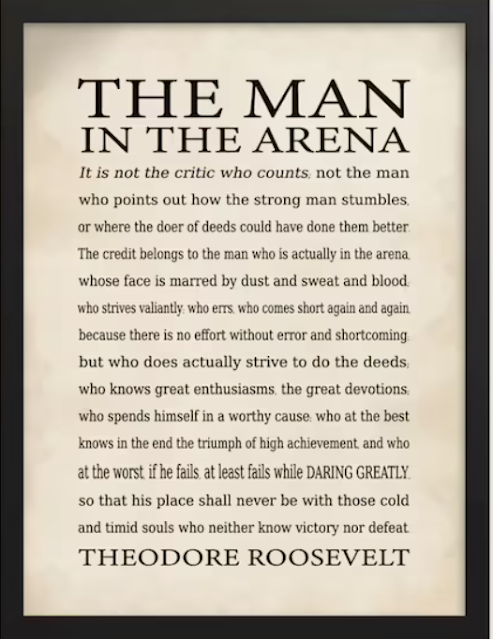Trust and the Marble Jar
Trust - Why we need it and how it is built and lost.
Building and holding trust is essential in all areas of our life. To build connection with those we work with, to build and manage successful teams, and to build good personal relationships.
The historical business model of command-and-control lacks team feedback and does not produce optimal project outcomes or an enjoyable or sustainable quality of work life for team members.
Based on our values, each of us has our own intuitive guide to trusting others, but we often have habits or behaviours that neglect trust. By examining the elements that build and erode trust, we can understand our behaviours and the behaviours of others and make changes.
Braving Trust - The Braving Inventory
From Brené's research hear are the seven behaviours that can either build or erode trust. She created the apt acronym BRAVING to make it easier to remember. It stands for:
Boundaries
Reliability
Accountability
Vault
Integrity
Nonjudgement
Generosity
The Braving elements can be used in three ways to understand:
- the behaviour of others and how that impacts how we trust them;
- our behaviour and how that impacts others trust of us;
- our behaviour towards ourselves, and how we trust ourselves.
Steps in building or eroding trust
We start trusting someone a little or maybe not at all depending on the circumstances in which we meet. Trust is then built or eroded not so much in large grand acts, but usually by a series of smaller actions. You may trust them a little and want to get to know them more or build more trust between you professionally.
So you may do something a bit risky or vulnerable by revealing to them a little about yourself, your work challenges, your interests, or other aspects of your life. If they respond in a supportive way a little bit of trust is built between you. If they don't respond in a supportive way, trust isn't built and is more likely lost. You are probably less likely to attempt to build trust again soon, unless you see they have a change of heart or circumstances.
The Marble Jar
We can view this as if you have a jar for that person which represents the trust you hold for the person. When they do something great, worthy of your trust, you add a marble, or metaphorical trust-token to the jar. If they do something that erodes your trust in them, you remove a few marbles. If someone breaks the trust code in a big way, you instinctively remove a larger number of marbles.
Examining a colleagues behaviour towards you.
As building trust is a two way process, we should also examine the opposite of how we are behaving towards other colleagues. No one is perfect and we must not be hypocritical and ignore any of our own behaviour that may be eroding others trust in us.
Below are the Braving elements devised by Brené that describe how trust is built or eroded. This breakdown can be useful if you are reviewing any type of relationship to examine what is working and what is not. From there you can begin to work out what you can do about it.
Boundaries
Trust is maintained or built when the other person respects your boundaries.
When the boundaries are unclear, they ask you what is okay and what is not ok.
You can also make your boundaries clear to them to establish what is not ok and ok with you.
Reliability
Trust is maintained and built when they do what they say they will do. They don't over promise.
Accountability
If a promise is broken, then trust can be maintained or built if they own their mistakes,
apologized to you, and especially if they make amends by repairing the damage.
Vault.
Trust is maintained or built when they don't share information that isn't theirs to share.
It is important that they don't share your confidential information with others,
and they don't share others confidential information with you.
Integrity
Trust is built or maintained when they display consistency and wholeness by practicing their values.
They do what is right, over what is fun, fast, or easy.
They choose courage over comfort.
Nonjudgement
Trust is built if you can ask them for what you need without being judged as weak or flawed.
You can talk about how you feel or ask them for help, without being judged.
The same applies to how they engage with others.
Generosity
Trust is built when they offer you the most generous interpretation of your intentions, words and actions.
Next > Read the BRAVING Trust based on how our behaviours impact others trust in us.


